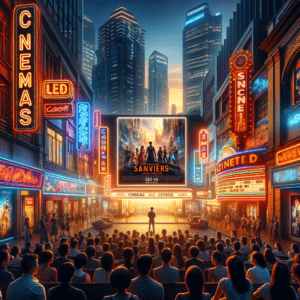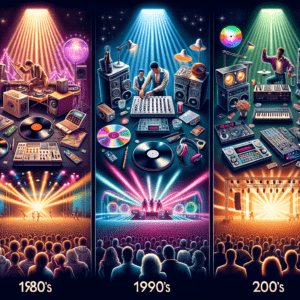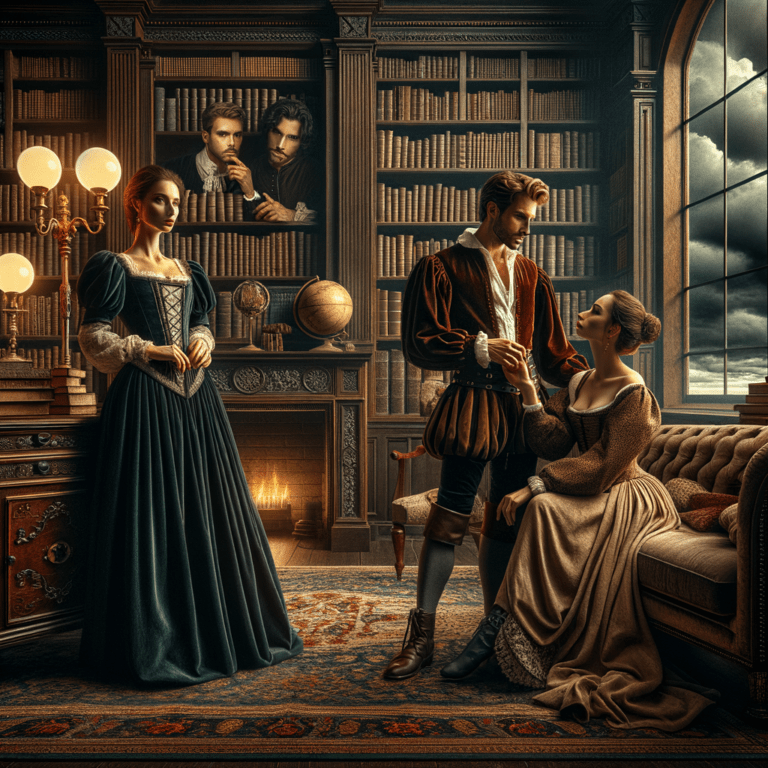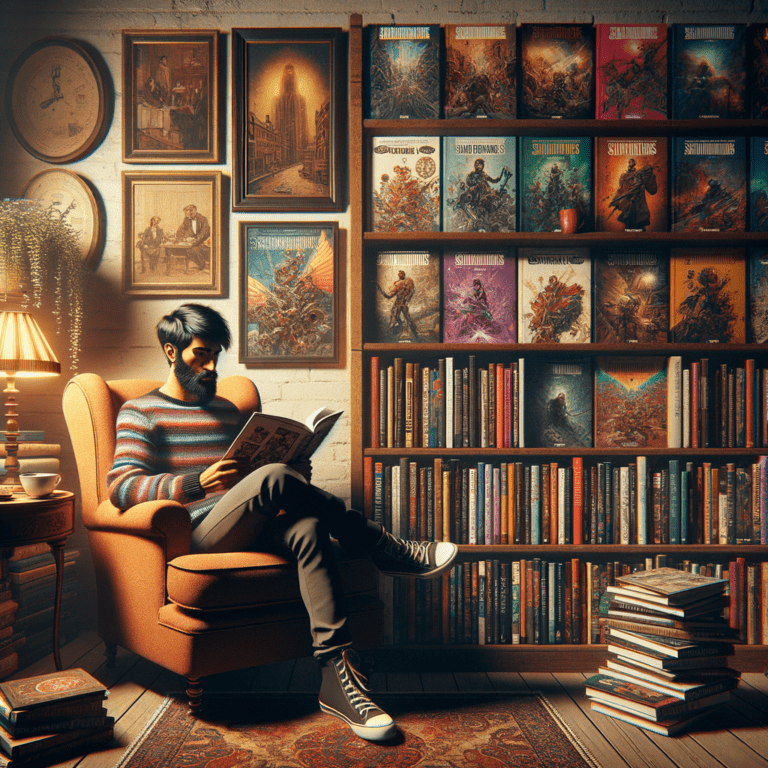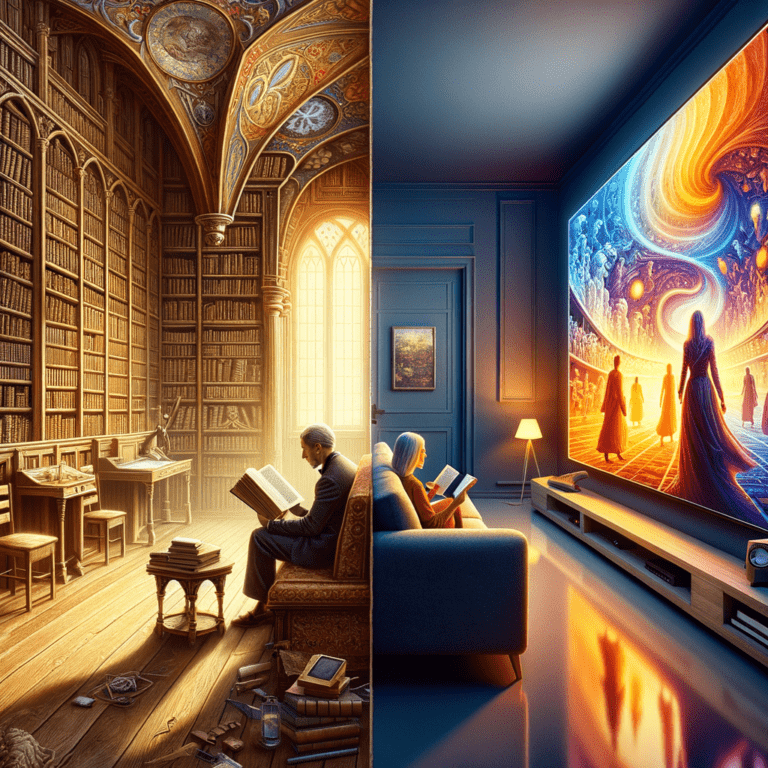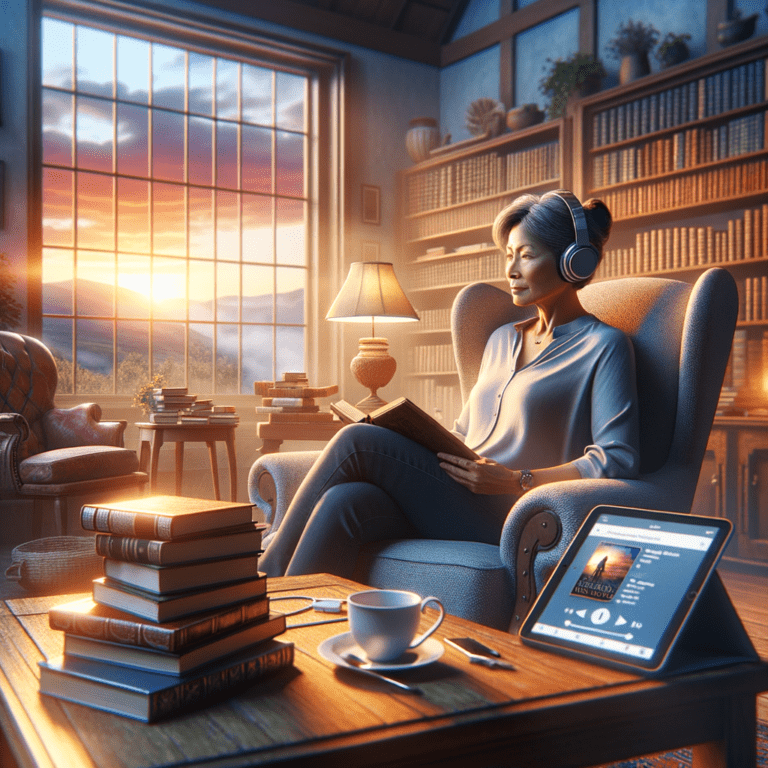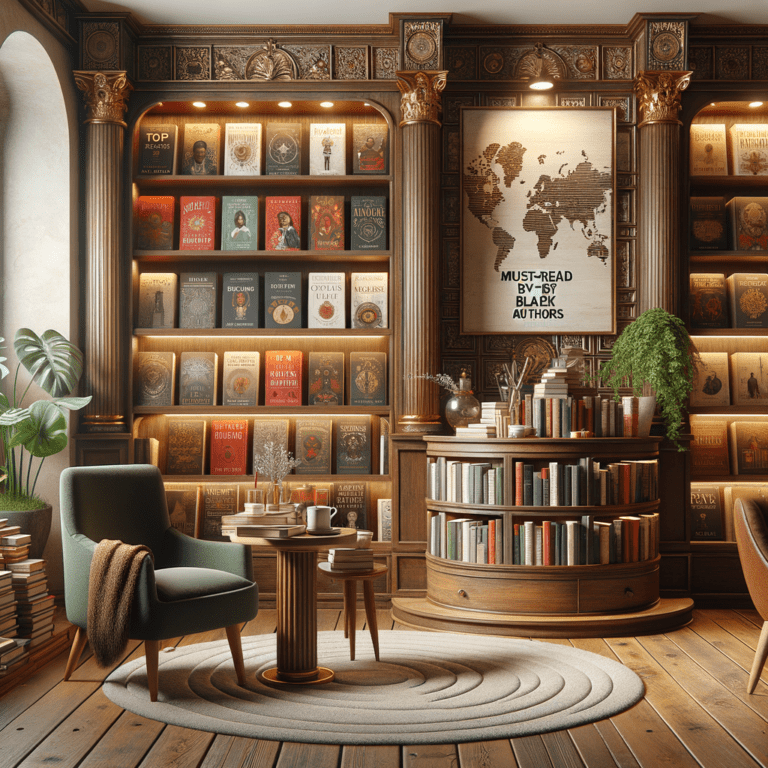Ever since I realized that music was more than just a background hum, I was blown away by how a simple song could carry the emotions and dreams of so many through its lyrics and melody. Music, for me, has always been more than sound—it’s been like a loyal pal who just gets it, no questions asked. It’s got this real magical way of breaking down walls—language barriers, cultural differences, even the ticking of the clock—and it reaches into that raw part of our soul that just dances to rhythm and tunes.
So when I think about social justice and the big waves movements make, it’s no shocker that music often takes center stage. Social justice is all about the human tales, our ups and downs, and that beautiful connection that happens when we recognize one another’s humanity. Music steps in as a mighty tool because it’s all heart, all universe, all human.
Looking back at those pivotal moments in history, you’ll find music there, echoing off the walls of places, giving people strength and courage. It becomes the rhythm of change, cries of action, the quiet but potent ballad of what’s lost, and the joyful tune of victories, big or small. I’m not just tossing out fancy words here; this is what I’ve felt again and again watching music move people—not just physically, but deep within, often bringing about that much-needed social change.
Music as an Empowerer
What really gets me is music’s superpower to empower folks in social justice. There’s just something about an anthem that swells in your chest, making you feel like you’re part of something real, something much bigger than just you. It’s like magic; “I” becomes “we.” Remember the Civil Rights Movement in the 60s? Those songs of freedom and change? They weren’t just good tunes. They were powerful promises, a vow echoing through countless souls daring to dream of equality.
There’s something so deeply personal but at the same time immensely collective when everyone raises their voice in a song like that. You’re no longer just yourself; you’re part of a collective, of history even. That’s where music flips the switch. It turns individual voices into a choir.
Music as a Storyteller
Another thing that hits home for me is how music isn’t just sound—it’s storytelling at its finest, capturing the essence, experiences, and narratives that fuel social movements. Often songs distill complicated issues into clear, emotional tales. It pulls the listener in, making them face realities that might otherwise slip by unnoticed. As someone who’s both a writer and a notorious overthinker, I’ve always appreciated the heck out of this facet. It’s music that makes you mull, makes you sift through your values next to the unvarnished truth of a real person’s story.
Some musicians have taken their art to bring these stories front and center. Take Bob Dylan’s “The Times They Are a-Changin'” or Billie Holiday’s “Strange Fruit”. Those songs draw vivid, often hard-to-swallow pictures that stick with you. They urge listeners to face the harsh realities and get a move on seeking justice.
Music as a Unifier
The unity music brings to social movements is just… it gets me every time. People from all walks of life, come together, bound by a melody. Differences start to melt away. It’s this extraordinary art form that lets folks rally around a common cause, weaving connections that may seem unexpected or even impossible at first.
Imagine being at a protest—a mixed pot of tension, hope, weariness. Then, someone starts singing. It doesn’t have to be pitch-perfect, but suddenly there’s a shared focus. It’s like building a little community right there in the middle of chaos. It’s unity. It’s power. It’s the magic of music slicing through divisions and making allies of strangers.
What really sticks to the ribs for me is knowing there’s strength in numbers and true power in shared purpose. Music brings that purpose alive. Suddenly, dissent morphs into solidarity, confusion into action through music’s embrace.
Music as a Healer
I’d be remiss if I didn’t gush a bit about music’s ability to heal—because let’s be honest, we’ve all been there on a crummy day when just the right song felt like a warm embrace. This healing force is that essential in social justice struggles.
For those battling injustice day in, day out, music can be that emotional outlet, a way to process all the pain and anger. It transforms into a sanctuary to mourn, but it’s also about finding solace. Even with so much lost, music gives that little bit of hope needed to keep marching forward.
And within movements, it becomes a reminder of why the fight matters, offering emotional breather space and reviving the spirits of those close to giving up. This quiet but mighty role of music—providing hope—it’s invaluable, wrapping people in courage when they need it most.
Reflections and Personal Musings
I often find myself just marveling at how much of a role music plays in shaping our reality. It’s a comfort blanket sometimes, knowing that no matter the hardship or the struggle, there’s always music, a reliable travel companion in the hunt for justice.
It fills me with hope thinking about how, during tough times, creativity and passion burst forth in artists, pushing the boundaries of care and empathy. Every movement finds its soundtrack, and each song becomes a brick on the path to progress.
Here we are, still in a non-perfect world but one always reaching for the better. And with music in the mix, the journey towards justice seems a tad more doable. Because as long as people have the breath to sing and stories to share, there will always be a call for change. Even on the bleak days, it nudges me to hang on, listen more closely, and, when the moment’s right, join in the song.





